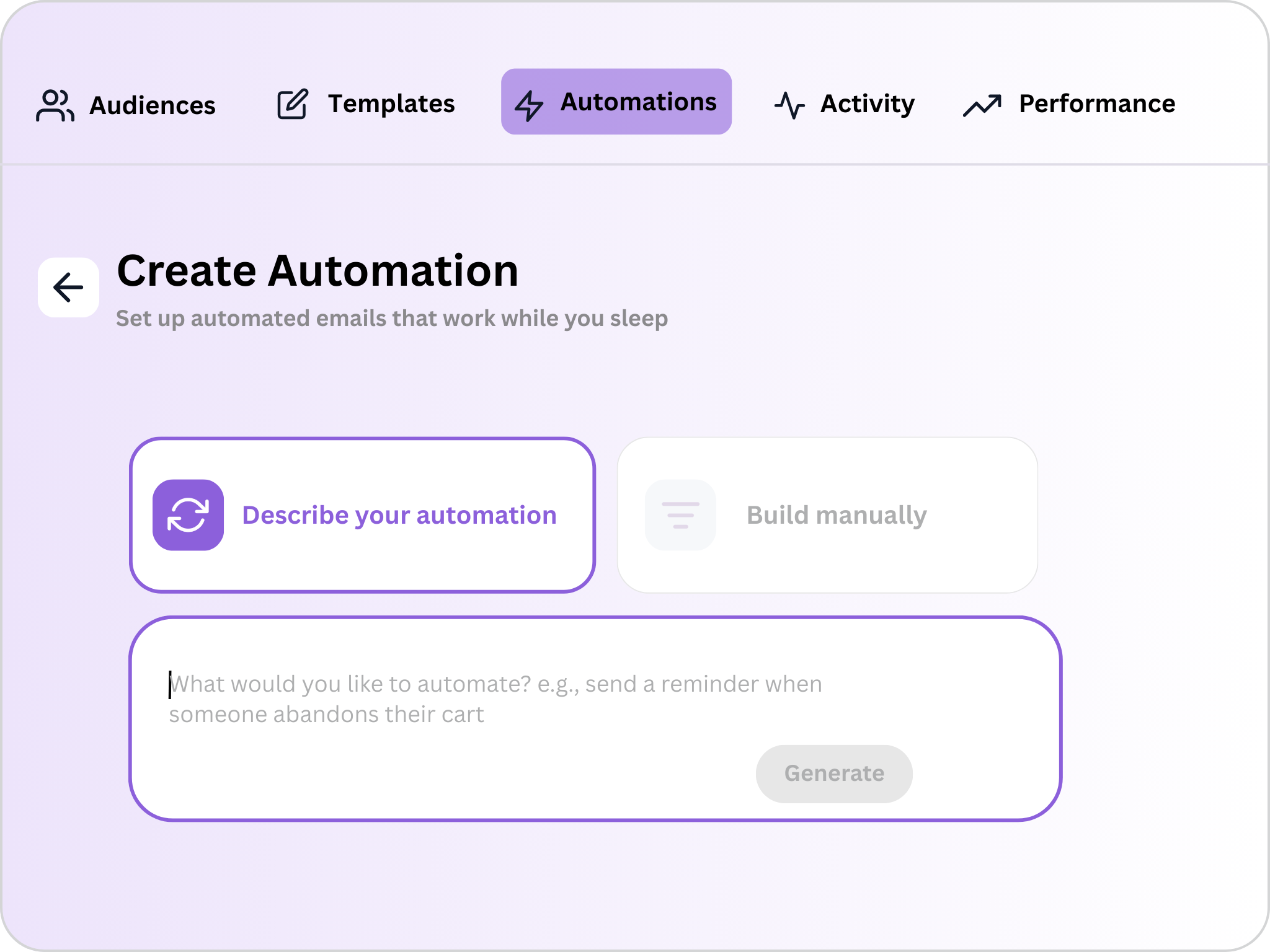B2B eCommerce for Small Businesses – From pain to profit

Starting a B2B eCommerce platform as a small business is an exciting journey, but it can also feel overwhelming. There are many unknowns and things to put in place when expanding to B2B eCommerce. As more wholesale businesses go digital, the need for a simple, scalable, and easy-to-use B2B eCommerce solution for small businesses has never been bigger.
For small businesses in Europe, the challenges of limited resources, technical know-how, and managing all the moving parts of B2B operations can make this process an expensive and complex nightmare.
An interesting fact is that these challenges come at a time when the European B2B eCommerce market is booming. It is expected that it will grow up to USD 11,262 billion by 2030, with a Compound Annual Growth Rate (CAGR) of 22.3% during that time. With such fast growth, small businesses need to find ways to keep up and take advantage of the opportunities the market is presenting.
Growth opportunities in the European Market
As digital technology becomes more common, it’s making a big impact on B2B eCommerce. The use of order fulfillment software, for example, has really helped businesses keep better track of their orders—whether it’s confirming an order, making sure it gets delivered on time, or managing other aspects of the process.
Even when working with multiple partners like logistics providers or shipping companies, modern technology lets businesses and their customers track orders from start to finish. By adopting these tools, B2B eCommerce companies can automate much of the supply chain, leading to happier customers and stronger loyalty.
5 Common challenges for Small Businesses
- Limited resources and small budgets
For many small businesses, money and resources are tight. Investing in the right technology, setting up a new platform, and marketing it effectively can feel like a big task. On top of that, hiring specialized staff to run the platform can be expensive.
- Lack of technical expertise
Let’s face it—most small businesses don’t have a tech expert on hand. Setting up and maintaining a B2B eCommerce platform involves everything from building a website to managing integrations and keeping everything secure. Without the right skills, it’s easy to get stuck in the technical weeds.
- Managing complex pricing and inventory
B2B eCommerce isn’t as simple as listing products and prices. You need to manage different pricing agreements, offer discounts, and keep track of inventory. For small businesses, juggling all these elements can lead to mistakes, inefficiencies, and missed opportunities.
- Building trust with larger companies
When you’re a small business, it can be tough to earn the trust of larger companies. They might be hesitant to work with you because they’re unsure if you can deliver consistently. Building a solid reputation takes time and effort.
- Attracting and keeping customers
Finding and keeping B2B clients is a challenge for any small business, especially when competing against bigger players. Effective marketing is key, but with limited resources, it can be hard to reach the right audience and convince them to choose your products.
Saving money with a B2B eCommerce platform
Investing in an efficient B2B eCommerce platform can actually help small businesses save money in several ways:
- Fewer mistakes and better accuracy
Manual order processing can lead to errors, which can be costly. An automated B2B platform reduces these mistakes, ensuring orders are correct and delivered on time. This saves money on returns, re-shipments, and lost sales.
- Better use of staff time
By automating routine tasks like order processing and inventory management, you can free up your team to focus on more important work, like customer service and increasing B2B sales. This means you can do more with the people you already have, without needing to hire extra staff.
- Centralized management of clients
A good B2B platform keeps all your client information in one place. You can easily see who your clients are, what prices they’ve agreed to, and any discounts they get. This makes it easier to manage relationships and avoid costly mistakes.
- Improved cash flow
Automated invoicing and payment processing help you get paid faster, improving your cash flow. This means you have more money on hand to reinvest in your business and avoid the stress of late payments.
How to kick-start a B2B eCommerce business in 7 easy steps: Guide 2024

How Turis helps Small Businesses
Turis offers a B2B eCommerce platform that’s designed with small businesses in mind. Here’s how it can help:
Affordable and scalable
Turis is budget-friendly and grows with your business. You don’t need to worry about hidden costs or outgrowing the platform. It’s designed to fit your needs, no matter the size of your business.

Easy to use
You don’t need to be a tech wizard to use Turis. The platform is intuitive and easy to set up, so you can get your B2B eCommerce site up and running without a lot of hassle.
Manage pricing and inventory with ease
Turis makes it simple to handle complex pricing and keep track of inventory. You can set up custom pricing for different clients, offer discounts, and keep everything organized, so you’re always on top of your game.
Build trust with a professional platform
Turis helps you build trust by offering a reliable, professional platform that your clients can depend on. Features like real-time order tracking and secure payments make it easy to provide great service and build strong relationships.
Prioritize your brand’s growth & simplify your B2B operations

Final thoughts
Starting a B2B eCommerce platform as a small business in Europe can feel like a big challenge, but with the right tools, it doesn’t have to be. Turis offers an affordable, easy-to-use solution that not only helps you overcome the hurdles of setting up a B2B platform but also saves you money in the process. By reducing errors, freeing up your team, and centralizing client management, Turis helps you run a more efficient and profitable business.
With Turis, small businesses can confidently navigate the world of B2B eCommerce, ensuring they not only survive but thrive in today’s competitive market.

